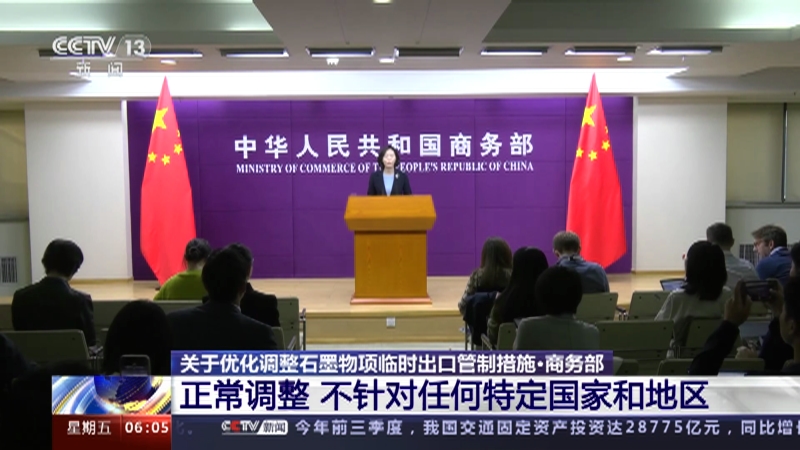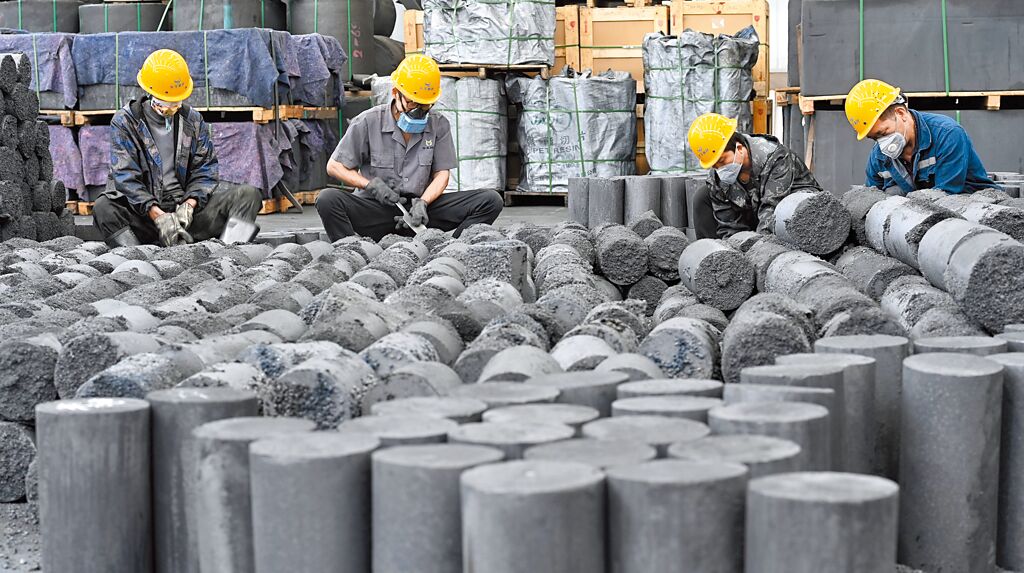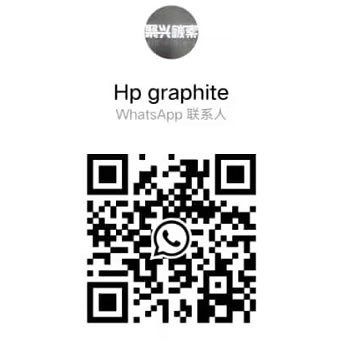【Export Control】Export Control on Specific Graphite Items, Japan and South Korea Respond

【Export Control】 China Implements Export Control on Specific Graphite Items
Starting December 1, Japan and South Korea Respond
Starting from December 1, China has officially implemented a policy to impose export controls on specific graphite items. This policy undoubtedly has a profound impact on the global graphite market, especially for countries with high graphite demand such as Japan and South Korea, causing significant challenges. Further tracking the graphitized carburant (GPC) market, welcome to contact us. Faced with the implementation of China's export restrictions on graphite, battery companies in Japan and South Korea have had to begin searching for strategies to cope.
According to a report from the Japan Broadcasting Corporation on the 27th, Japanese companies have started diversifying the supply of battery raw materials and strengthening domestic production capabilities. This move is undoubtedly in response to the impact of China's export restrictions on graphite. Graphite is an essential raw material in battery production, and as China is the world's largest producer and exporter of graphite, changes in its export policy directly affect the global battery industry supply chain.

South Korean battery companies also face similar challenges. South Korea plays a crucial role in the global battery industry, and its battery products have widespread applications in the global market. However, the supply of raw materials for South Korean battery companies cannot escape the influence of China's advantageous industrial chain. The implementation of China's export restrictions on graphite puts tremendous pressure on the raw material supply for South Korean battery companies.
The implementation of China's export restrictions on graphite not only affects battery companies in Japan and South Korea but also poses challenges to the global battery industry chain. In this situation, global battery companies must seek new sources for raw material supply to ensure stable battery production.
For Japanese and South Korean battery companies, diversifying the supply of battery raw materials and strengthening domestic production capabilities are undoubtedly effective strategies to cope with China's export restrictions on graphite. Diversification of the supply chain can reduce dependence on a single source of raw materials, thereby reducing supply chain risks. Strengthening domestic production capabilities can enhance their own raw material supply capabilities and reduce reliance on external sources.

However, this is not an instantaneous process and requires time and investment. During this process, Japanese and South Korean battery companies may face shortages of raw material supply, potentially affecting battery production. Therefore, effectively addressing the impact of China's export restrictions on graphite while ensuring battery production will be a significant challenge for Japanese and South Korean battery companies.
The implementation of China's export restrictions on graphite has far-reaching implications for the global battery industry chain. Faced with this challenge, global battery companies must find new strategies to cope with it and ensure the stable production of batteries. For Japanese and South Korean battery companies, promoting the diversification of battery raw material supply and strengthening domestic production capabilities will be crucial strategies to address China's export restrictions on graphite. For more information on graphite export policies, feel free to inquire with us.
No related results found








0 Replies